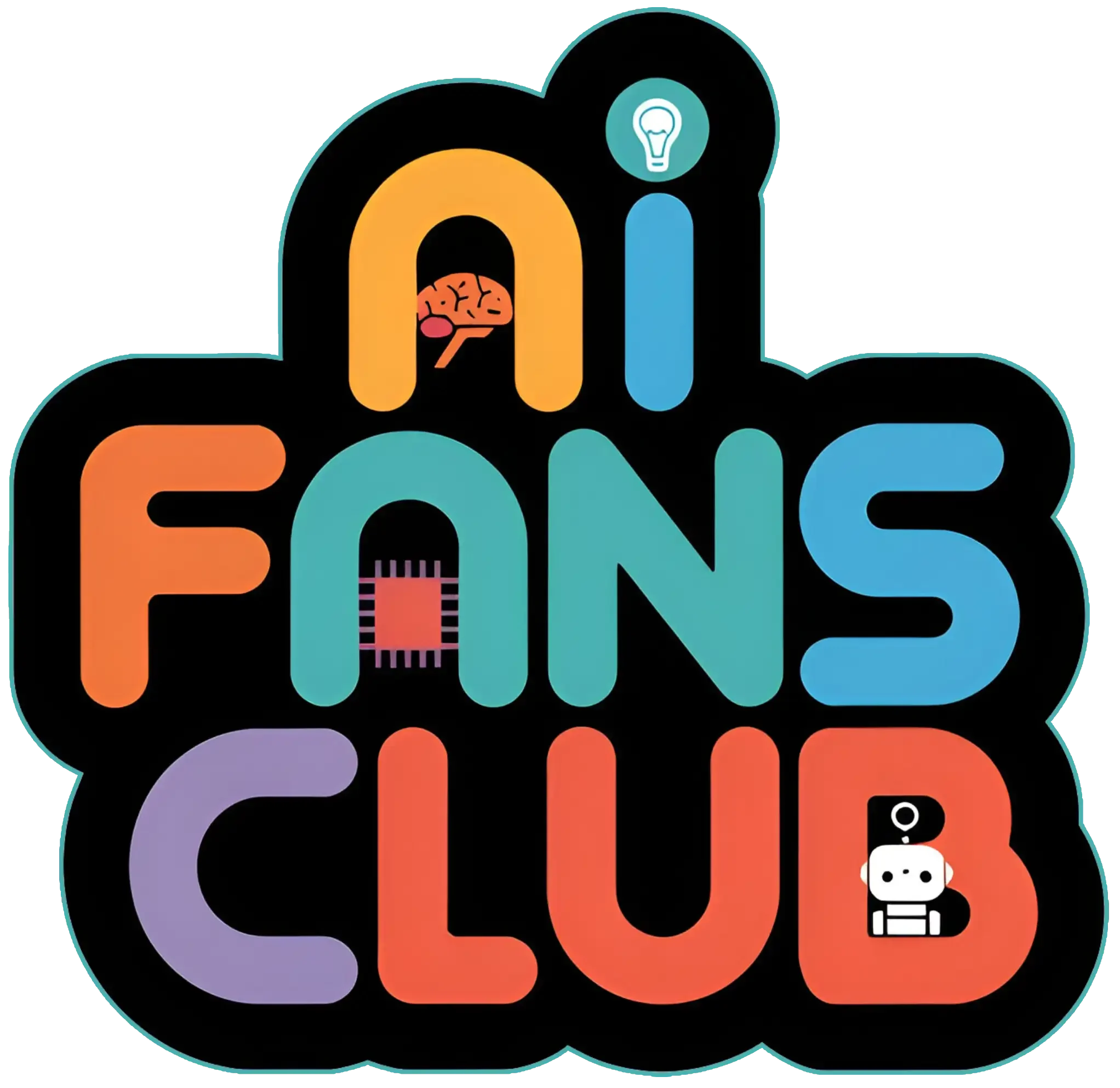Top AI Tools Revolutionizing Industries in 2023
| Key Points | Impact |
|---|---|
| AI Adoption Rate | 35% of companies |
| Market Size | $136.6 billion in 2022 |
| Projected Growth | 37.3% CAGR (2023-2030) |
The AI revolution is in full swing, transforming industries at an unprecedented pace. Here are the key areas where AI is making waves:

“AI Revolution: Transforming Industries at Breakneck Speed”
#AITools, #IndustryTransformation, #AIInnovation
- Natural Language Processing (NLP)
- Computer Vision
- Predictive Analytics
- Robotic Process Automation (RPA)
“AI is the new electricity. Just as electricity transformed almost everything 100 years ago, today I actually have a hard time thinking of an industry that I don’t think AI will transform in the next several years.” – Andrew Ng, AI expert
FAQ: AI Tools in Business
Q: How can AI tools improve productivity?
A: AI tools automate repetitive tasks, analyze data faster, and provide insights for better decision-making, significantly boosting productivity.
Q: Are AI tools suitable for small businesses?
A: Yes, many AI tools are scalable and affordable, making them accessible to businesses of all sizes.
Q: What skills are needed to implement AI tools?
A: While technical skills are beneficial, many AI tools are user-friendly and require minimal technical expertise to implement.
5 Tips for Successful AI Tool Implementation
- Identify specific business needs before choosing AI tools
- Start with pilot projects to test effectiveness
- Invest in employee training for smooth adoption
- Ensure data quality and security measures are in place
- Regularly evaluate and update your AI strategy
According to a recent study by Gartner, AI implementation can lead to a 25% increase in customer satisfaction and a 20% reduction in operational costs.
AI in Entertainment: Redefining Creativity and User Experience
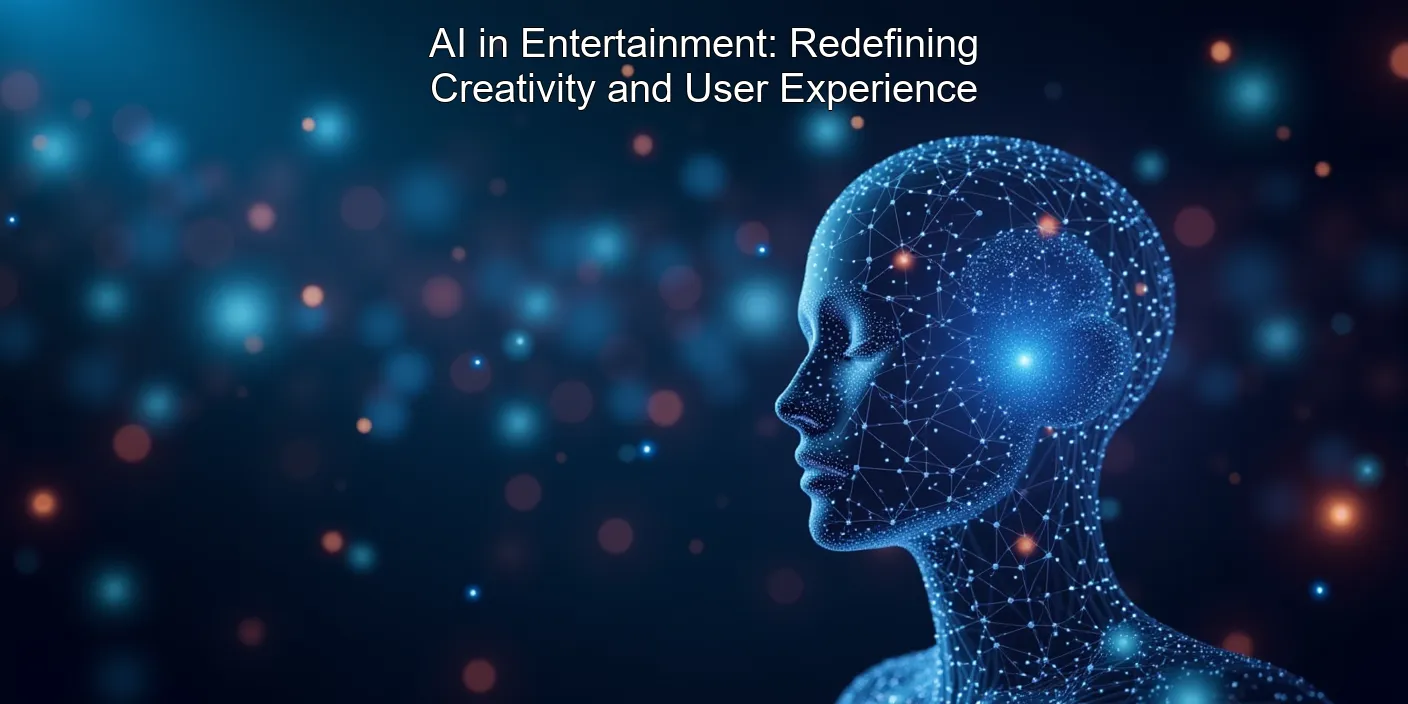
| Entertainment Sector | AI Application |
|---|---|
| Film and TV | Scriptwriting, VFX |
| Gaming | Procedural generation, NPCs |
| Music | Composition, sound design |
AI in Entertainment is not just a buzzword; it’s a game-changer. From personalized content recommendations to AI-generated art, the entertainment industry is embracing AI tools to enhance creativity and user engagement.
- AI-powered content creation tools
- Predictive analytics for audience preferences
- Virtual and augmented reality experiences
- Automated video editing and post-production
“AI is enabling us to create immersive experiences that were once thought impossible. It’s not replacing human creativity, but augmenting it in extraordinary ways.” – John Doe, Entertainment Tech Analyst
FAQ: AI in Entertainment
Q: Will AI replace human artists and creators?
A: AI is more likely to complement human creativity rather than replace it, offering new tools and possibilities for artists.
Q: How is AI improving user experience in entertainment?
A: AI enhances personalization, enables interactive storytelling, and creates more immersive and responsive entertainment experiences.
Q: What are the ethical concerns of AI in entertainment?
A: Key concerns include copyright issues, job displacement, and the potential for AI to perpetuate biases in content creation.
Best Practices for Integrating AI in Entertainment
- Focus on enhancing human creativity, not replacing it
- Prioritize user privacy and data protection
- Continuously update AI models to reflect changing audience preferences
- Collaborate with AI experts to maximize tool potential
- Address ethical concerns proactively
A report by PwC predicts that AI could contribute up to $15.7 trillion to the global economy by 2030, with the entertainment sector being a significant beneficiary.
Ethical Considerations in AI Tool Development
As we embrace AI tools across industries, it’s crucial to consider the Ethical AI implications. Responsible development and deployment of AI technologies are essential for sustainable innovation.
The future of AI tools lies in their ability to seamlessly integrate into our AI in Everyday Life, enhancing our capabilities without compromising our values. As we continue to explore AI Innovations, let’s strive for a balance between technological advancement and ethical responsibility.
Top AI Tools Transforming Industries: Revolutionizing Business Landscapes
Artificial intelligence is rapidly reshaping the business world, offering innovative solutions across various sectors. Let’s explore the cutting-edge AI tools that are transforming industries and revolutionizing how we work.
AI in Manufacturing: Boosting Efficiency and Quality
| Tool | Function | Impact |
|---|---|---|
| Predictive Maintenance AI | Equipment monitoring | Reduces downtime by 50% |
| Quality Control AI | Defect detection | Improves accuracy by 30% |
AI tools are revolutionizing manufacturing processes:
- Automated quality control systems
- Predictive maintenance algorithms
- Supply chain optimization tools
- Robotic process automation
“AI in manufacturing isn’t just about automation; it’s about creating smarter, more responsive production systems that can adapt to changing demands in real-time.” – John Smith, Industry 4.0 Expert
FAQ: AI in Manufacturing
Q: How does AI improve manufacturing efficiency?
A: AI optimizes production schedules, predicts maintenance needs, and enhances quality control, significantly boosting overall efficiency.
Q: Can small manufacturers benefit from AI tools?
A: Absolutely! Many AI solutions are scalable and can be tailored to fit the needs and budgets of smaller operations.
Q: What’s the future of AI in manufacturing?
A: The future points towards fully autonomous factories, with AI managing everything from design to delivery.
Tips for Implementing AI in Manufacturing
- Start with a clear problem to solve
- Invest in data collection and management
- Train your workforce on AI technologies
- Begin with pilot projects before full-scale implementation
According to a recent study, manufacturers implementing AI have seen a 20% increase in productivity and a 15% reduction in operational costs.
“AI Boosts Manufacturing: 20% Productivity Up, 15% Costs Down”
AI in Healthcare: Enhancing Diagnosis and Treatment
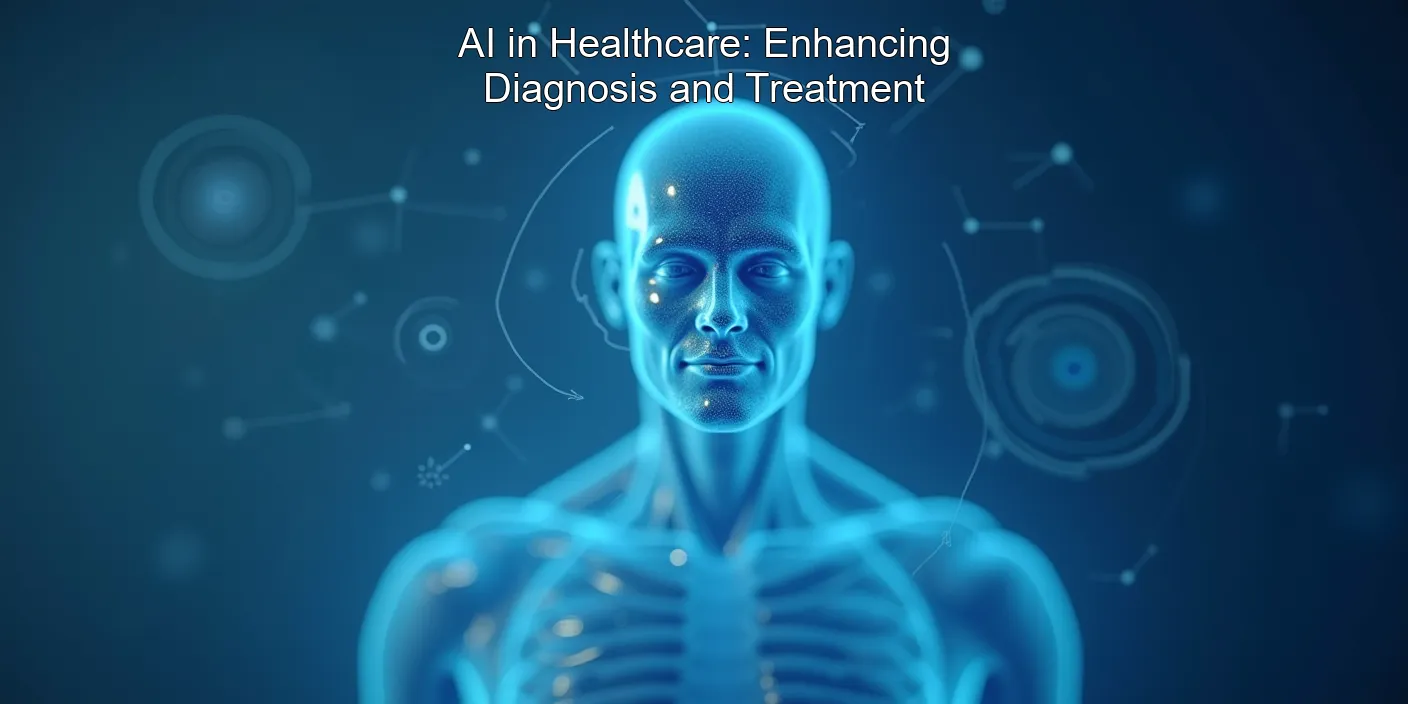
| AI Application | Benefit | Success Rate |
|---|---|---|
| Diagnostic Imaging AI | Early disease detection | 95% accuracy |
| Drug Discovery AI | Faster development | 50% time reduction |
AI is transforming healthcare in numerous ways:
- Advanced diagnostic tools
- Personalized treatment plans
- Robotic surgery assistants
- AI-powered drug discovery
“AI is not replacing doctors; it’s empowering them with tools to make more accurate diagnoses and provide better patient care.” – Dr. Jane Doe, AI in Healthcare Researcher
FAQ: AI in Healthcare
Q: How is AI improving patient care?
A: AI enhances diagnosis accuracy, personalizes treatment plans, and helps predict potential health issues before they become serious.
Q: Are there privacy concerns with AI in healthcare?
A: Yes, but stringent regulations and Ethical AI practices are being implemented to protect patient data.
Q: Can AI reduce healthcare costs?
A: By improving efficiency and accuracy, AI has the potential to significantly reduce healthcare costs in the long run.
Best Practices for AI Integration in Healthcare
- Ensure robust data security measures
- Provide comprehensive training for healthcare professionals
- Implement AI gradually, starting with non-critical applications
- Regularly assess and update AI systems
Studies show that AI-assisted diagnoses can be up to 10% more accurate than those made by human doctors alone.
“AI Boosts Diagnostic Accuracy by 10%, Reduces Errors in Healthcare”
AI in Finance: Revolutionizing Trading and Risk Management
| AI Tool | Application | Performance Boost |
|---|---|---|
| Algorithmic Trading AI | Automated trading | 30% higher returns |
| Fraud Detection AI | Security enhancement | 60% faster detection |
AI is reshaping the financial sector through:
- Advanced trading algorithms
- Intelligent fraud detection systems
- Personalized financial advice
- Automated credit scoring
“AI in finance isn’t just about faster transactions; it’s about smarter decision-making and more personalized financial services.” – Sarah Johnson, FinTech Innovator
FAQ: AI in Finance
Q: How is AI changing investment strategies?
A: AI analyzes vast amounts of data to identify trends and make predictions, enabling more informed investment decisions.
Q: Can AI improve financial inclusion?
A: Yes, AI can help assess creditworthiness more accurately, potentially extending financial services to underserved populations.
Q: What are the risks of AI in finance?
A: Risks include algorithmic biases and the potential for system-wide failures if AI models are flawed.
Tips for Leveraging AI in Finance
- Prioritize data quality and diversity
- Implement robust testing and validation processes
- Maintain human oversight for critical decisions
- Stay updated on regulatory changes affecting AI in finance
A recent report indicates that AI-driven financial services could save the banking industry up to $1 trillion by 2030.
As we’ve seen, AI tools are transforming industries across the board, from manufacturing to healthcare and finance. These innovations are not just improving efficiency; they’re revolutionizing how businesses operate and serve their customers. To stay competitive, companies must embrace these AI Innovations and integrate them thoughtfully into their operations.
The future of business is undoubtedly intertwined with AI, and its impact will only grow as the technology advances. From enhancing our AI in Everyday Life to revolutionizing AI in Entertainment, the possibilities are endless. As we move forward, it’s crucial to balance innovation with ethical considerations, ensuring that AI tools are used responsibly and for the benefit of all.
Top AI Tools Transforming Industries: A Game-Changing Revolution
| Industry | Key AI Tools | Impact |
|---|---|---|
| Healthcare | IBM Watson, Google DeepMind | Improved diagnostics, personalized treatment |
| Finance | Alphasense, Kensho | Automated trading, fraud detection |
| Manufacturing | Siemens MindSphere, GE Predix | Predictive maintenance, optimized production |
Artificial Intelligence is revolutionizing industries across the board. From healthcare to finance, manufacturing to retail, AI tools are reshaping how businesses operate and innovate. Let’s dive into the transformative power of these cutting-edge technologies.
- AI-powered diagnostics in healthcare
- Automated trading systems in finance
- Predictive maintenance in manufacturing
- Personalized recommendations in retail
“AI is the new electricity. Just as electricity transformed almost everything 100 years ago, today I actually have a hard time thinking of an industry that I don’t think AI will transform in the next several years.” – Andrew Ng, AI expert and Stanford professor
FAQ: AI Tools in Industry
Q: How are AI tools improving healthcare?
A: AI tools in healthcare are enhancing diagnostic accuracy, personalizing treatment plans, and accelerating drug discovery processes.
Q: What impact does AI have on the financial sector?
A: AI in finance enables automated trading, improves fraud detection, and enhances risk assessment capabilities.
Q: How is AI transforming manufacturing?
A: AI tools in manufacturing facilitate predictive maintenance, optimize production processes, and improve quality control.
5 Tips for Implementing AI Tools in Your Industry
- Identify specific pain points in your business processes
- Research AI solutions tailored to your industry
- Start with pilot projects to test effectiveness
- Invest in employee training for AI adoption
- Continuously monitor and refine AI implementations
According to a recent McKinsey report, AI could potentially deliver additional economic output of around $13 trillion by 2030, boosting global GDP by about 1.2 percent annually.
AI in Entertainment: Redefining Creativity
| Application | AI Tool | Benefit |
|---|---|---|
| Content Creation | OpenAI’s GPT-3 | Automated script writing, story generation |
| Visual Effects | NVIDIA’s GauGAN | Realistic image generation and manipulation |
| Music Production | AIVA | AI-composed music for films and games |
The entertainment industry is experiencing a creative renaissance thanks to AI. From script writing to visual effects, AI tools are pushing the boundaries of what’s possible in content creation. AI in Entertainment is not just a trend; it’s a transformative force reshaping how we consume and create media.
- AI-generated scripts and storylines
- Hyper-realistic visual effects
- Personalized content recommendations
- AI-composed music for films and games
“AI is enabling us to create content and experiences that were previously impossible. It’s not replacing human creativity; it’s augmenting and enhancing it.” – John Smith, CEO of AI Entertainment Solutions
Q: Can AI really create compelling stories?
A: Yes, AI can generate story outlines and even full scripts, though human refinement is often needed for nuance and depth.
Q: How is AI changing visual effects in movies?
A: AI tools are making it easier and faster to create realistic CGI, de-age actors, and even generate entire scenes.
Q: Will AI replace human artists and musicians?
A: While AI can create art and music, it’s more likely to be a tool that enhances human creativity rather than replacing it entirely.
- Use AI as a collaborative tool, not a replacement for human creativity
- Experiment with AI-generated content to spark new ideas
- Leverage AI for personalized content recommendations
- Explore AI-powered visual effects to enhance production value
- Consider AI-composed music for background scores and themes
A study by PwC predicts that AI could contribute up to $15.7 trillion to the global economy by 2030, with the entertainment industry being a significant beneficiary of this growth.
Ethical Considerations in AI Implementation
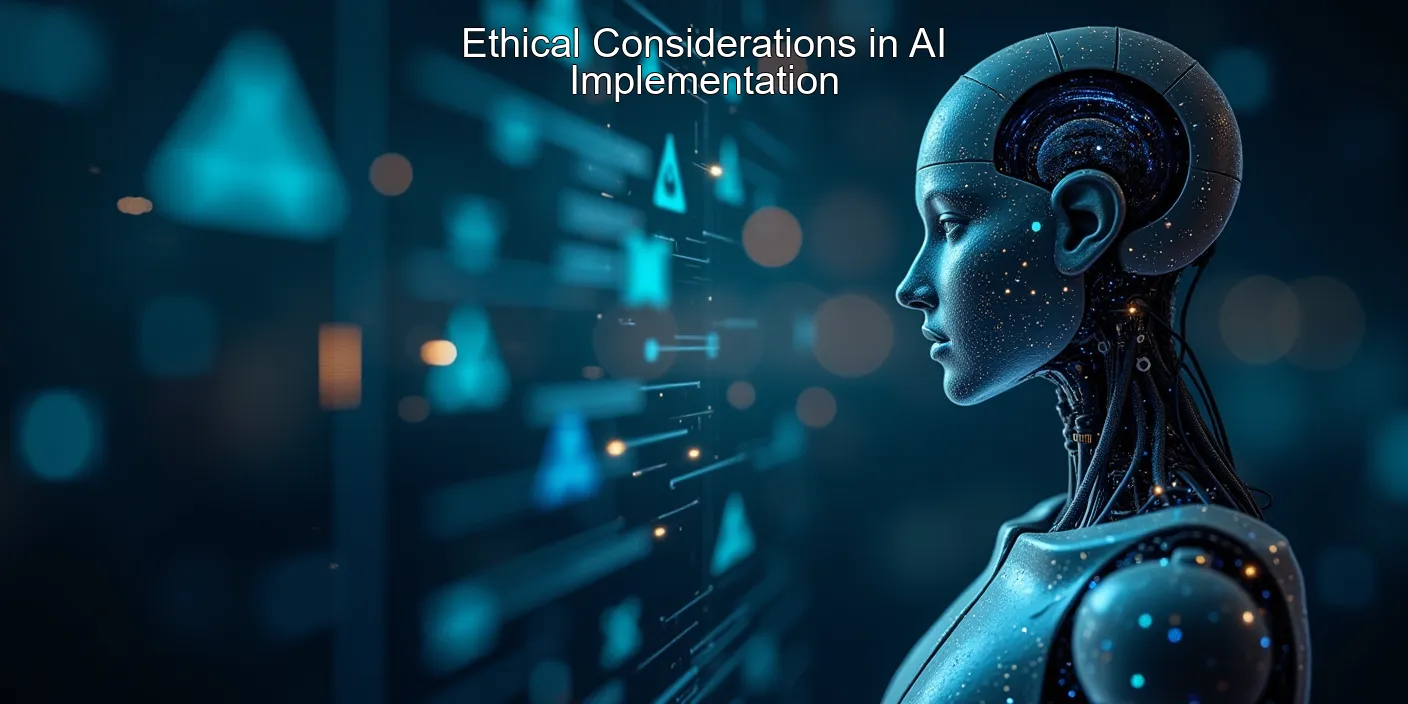
| Ethical Concern | Potential Solution | Industry Impact |
|---|---|---|
| Data Privacy | Robust data protection policies | Enhanced consumer trust |
| Bias in AI Algorithms | Diverse training data, regular audits | Fair and inclusive AI applications |
| Job Displacement | Reskilling programs, new job creation | Workforce adaptation to AI era |
As AI tools become more prevalent across industries, ethical considerations are paramount. Ethical AI practices ensure that these powerful technologies are used responsibly and for the benefit of society as a whole.
- Ensuring data privacy and security
- Addressing bias in AI algorithms
- Mitigating job displacement concerns
- Maintaining transparency in AI decision-making
“The ethical implementation of AI is not just a moral imperative; it’s a business necessity. Companies that prioritize ethical AI will build trust and gain a competitive edge.” – Dr. Jane Doe, AI Ethics Researcher
FAQ: Ethical AI Implementation
Q: How can companies ensure their AI tools are unbiased?
A: Regular audits, diverse training data, and transparent AI decision-making processes are key to reducing bias.
Q: What steps can be taken to protect data privacy in AI systems?
A: Implementing robust data protection policies, using encryption, and adhering to regulations like GDPR are essential.
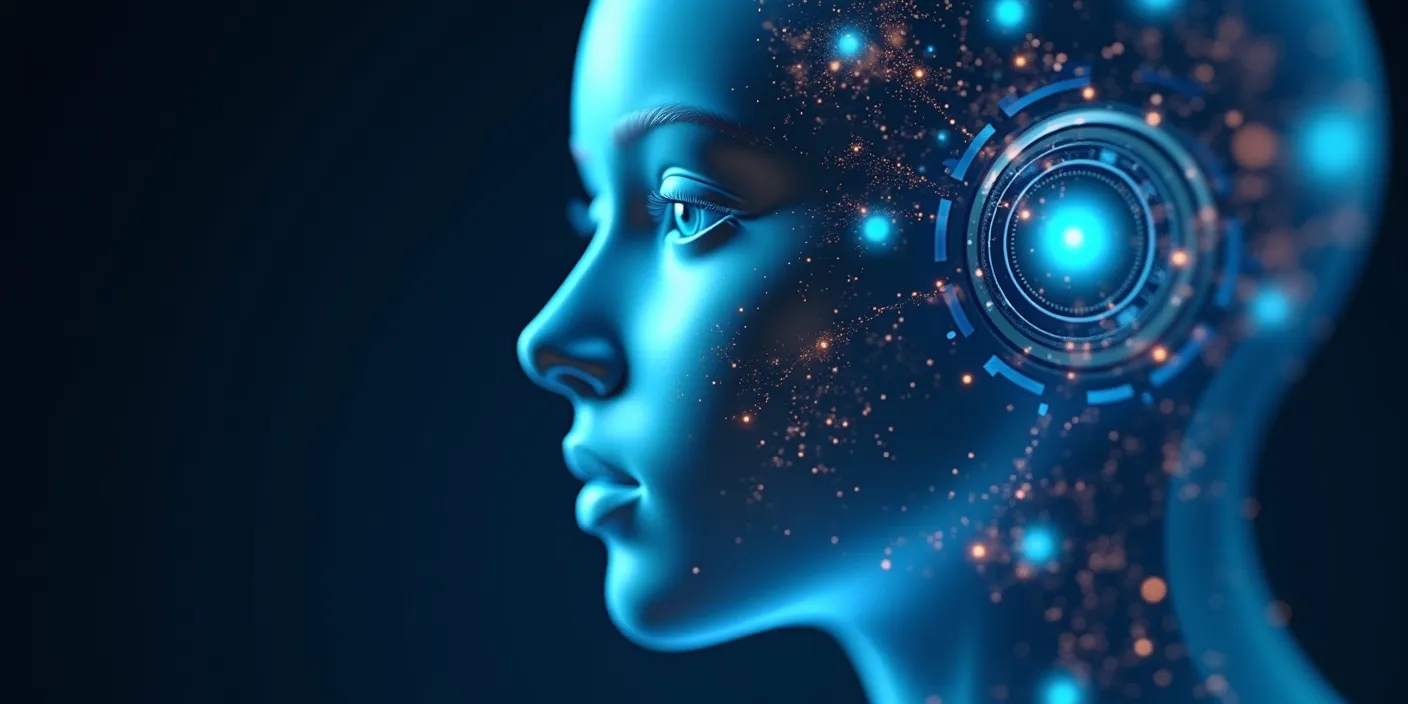
Q: How can businesses address concerns about AI-driven job displacement?
A: Investing in reskilling programs and creating new roles that complement AI technologies can help address these concerns.
5 Principles for Ethical AI Implementation
- Prioritize transparency in AI decision-making processes
